- Home›
- Healthy Living›
- What Is HIV? Here Are 8 Ways In Which It Can Be Prevented
What Is HIV? Here Are 8 Ways In Which It Can Be Prevented
By: Priyanka Maheshwari Thu, 15 Aug 2024 5:30:06
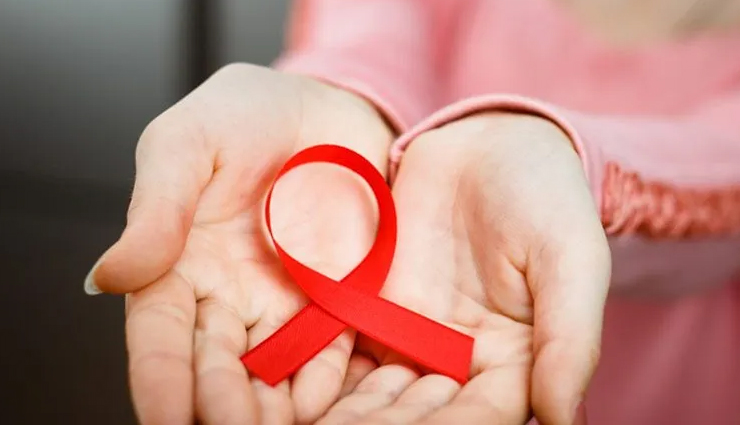
HIV (Human Immunodeficiency Virus) is a virus that attacks the immune system, specifically the CD4 cells (T cells), which are crucial for the immune system's ability to fight off infections and diseases. Here’s a brief overview:
How HIV Works:
- Infection: HIV infects and destroys CD4 cells, leading to a weakened immune system. Without effective treatment, this can progress to AIDS (Acquired Immunodeficiency Syndrome).
- Transmission: HIV is transmitted through certain body fluids, including blood, semen, vaginal fluids, rectal fluids, and breast milk. It can be spread through unprotected sexual contact, sharing needles, or from mother to child during childbirth or breastfeeding.
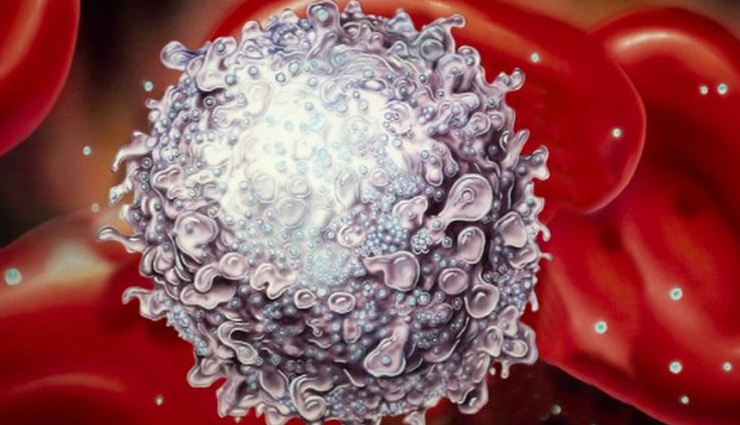
Stages of HIV:
- Acute HIV Infection: This occurs 2-4 weeks after exposure and is often called acute retroviral syndrome (ARS). Symptoms can resemble the flu or other viral illnesses.
- Chronic HIV Infection (Clinical Latency): This stage can last for several years, during which the virus is active but reproduces at very low levels. People may not have symptoms or only mild ones.
- AIDS: If untreated, HIV can lead to AIDS, the final stage of HIV infection. At this stage, the immune system is severely damaged, and the body becomes vulnerable to opportunistic infections and certain cancers.
Diagnosis:
Testing: HIV is diagnosed through blood tests that detect the presence of the virus or antibodies produced in response to it.
Preventing HIV (Human Immunodeficiency Virus) involves taking various precautions to reduce the risk of transmission. Here are some key strategies:
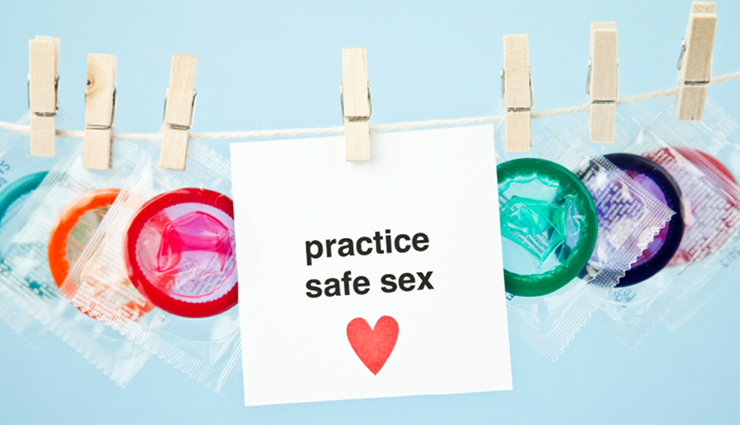
# Safe Sex Practices:
- Condom Use: Always use condoms during vaginal, anal, and oral sex. Condoms are highly effective in preventing HIV and other sexually transmitted infections (STIs).
- Reducing Number of Sexual Partners: Limiting the number of sexual partners can reduce the risk of exposure to HIV.
- Regular Testing: Get tested for HIV and other STIs regularly, especially if you have multiple sexual partners.
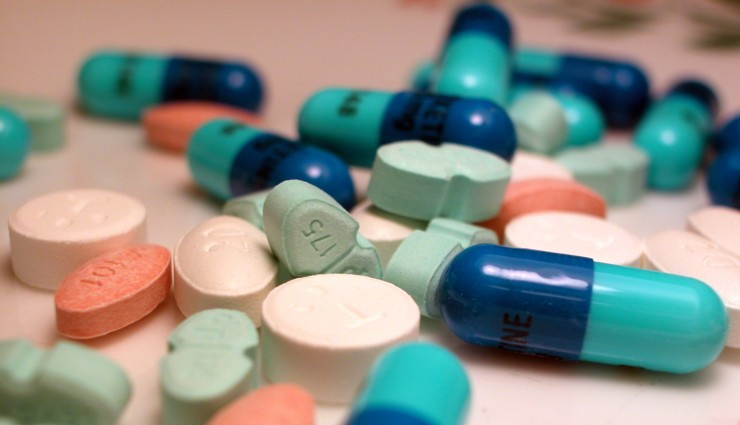
# Pre-Exposure Prophylaxis (PrEP):
- Medication: PrEP is a daily medication for people who are at high risk of HIV infection. It can significantly reduce the risk of contracting HIV if taken consistently.
# Post-Exposure Prophylaxis (PEP):
- Emergency Medication: PEP is a short-term treatment started within 72 hours after possible exposure to HIV. It can help prevent the virus from taking hold.
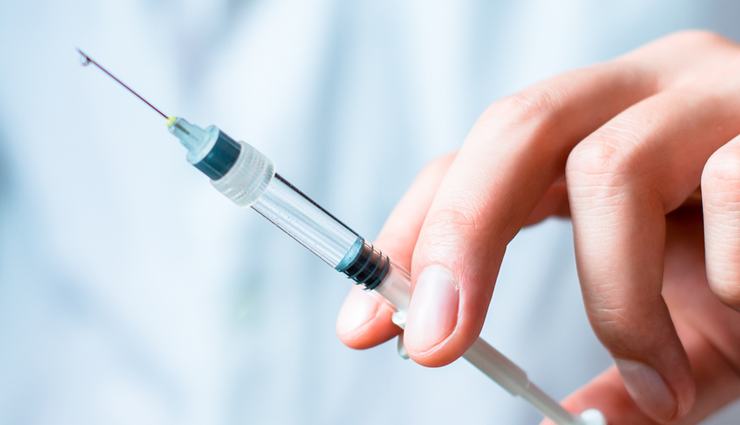
# Avoid Sharing Needles:
- Needle Exchange Programs: If you inject drugs, use sterile needles and never share them. Needle exchange programs can provide access to clean needles.
- Safe Medical Practices: Ensure that any needles or syringes used in medical or cosmetic procedures are sterile and used only once.
# Mother-to-Child Transmission Prevention:
- Antiretroviral Therapy: Pregnant women living with HIV should take antiretroviral therapy (ART) to reduce the risk of transmitting HIV to their baby.
- Safe Delivery Practices: Special precautions during childbirth and avoiding breastfeeding can further reduce the risk of transmission.
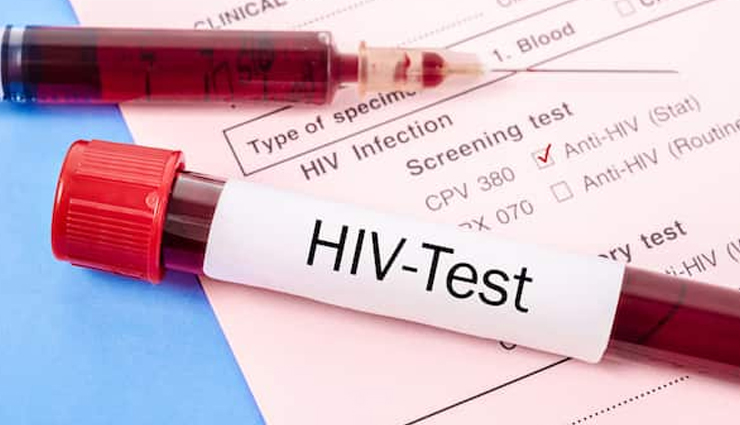
# HIV Testing and Early Treatment:
- Regular Testing: Regular HIV testing helps in early detection and treatment. Early treatment with ART can lower the viral load, reducing the risk of transmission to others.
- Partner Notification: Informing sexual partners about your HIV status allows them to get tested and take preventive measures.
# Education and Awareness:
- Understanding Risks: Educating yourself and others about how HIV is transmitted and how to prevent it is crucial.
- Stigma Reduction: Reducing stigma around HIV encourages more people to get tested and seek treatment.
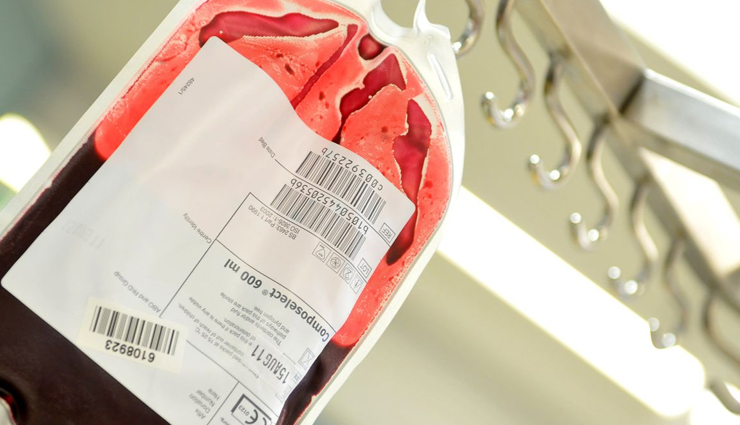
# Safe Blood Transfusions and Organ Transplants:
- Screening: Ensure that any blood or organ donation has been properly screened for HIV.
By following these strategies, the risk of contracting or transmitting HIV can be significantly reduced.





